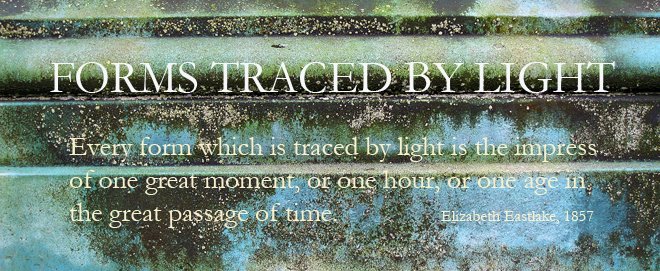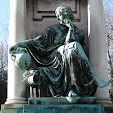There have been days - weeks - months - when I've wondered if I'd ever get back into the British Library. It's been - how long? - just about two years. But it's still there! And, wonderfully, there are so relatively few people in it that books turn up really fast.
I'm writing a piece about nineteenth century paintings termed "Idylls" - some classical, some very much not - and their relationship to temporality and environmental criticism - and wanted to lay my hands on a couple of things that are pretty elusive, one of them a volume of engravings and poems reprinted from the Quiver as Idyllic Pictures. From the frontispiece, one would think that these are going to be "idyllic" in the loosely vernacular sense of the word - unbelievably quiet, pleasant, peaceful.
But in fact, most of them are "idylls" in the classical sense of the term (or the term adopted by Tennyson, Landor and others), meaning εἰδύλλιον [eidyllion], or “little image,” with a strong narrative component - more like a vignette, than anything. So one finds gloomy melodrama:
Dead and alone,
By the trysting-stone
social realism colliding with sentimental pathos:
Oh, sir! don't pass like the rest, I pray
and my favorite, an illustration for D. P. Starkey's "Hassan," which suggests that the chilly streets are anything other than "idyllic," in the popular understanding of the word:







No comments:
Post a Comment